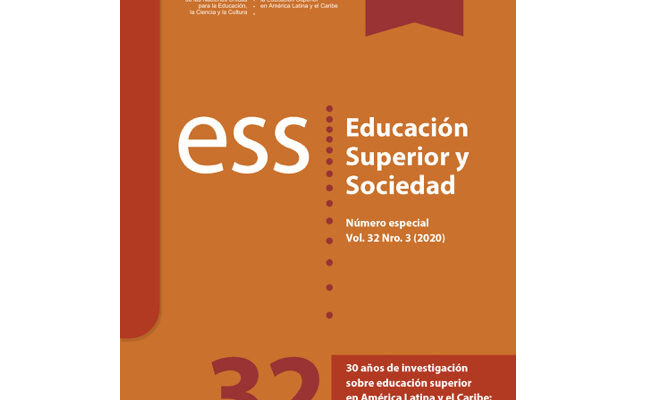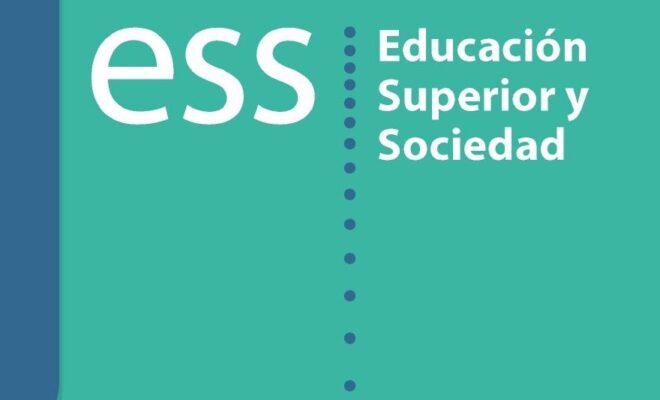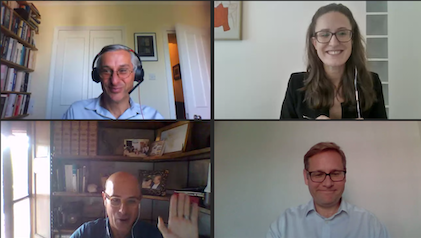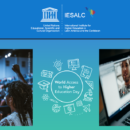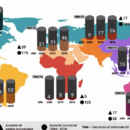A historical vision and future perspectives characterized the celebration of ESS magazine’s 30th anniversary
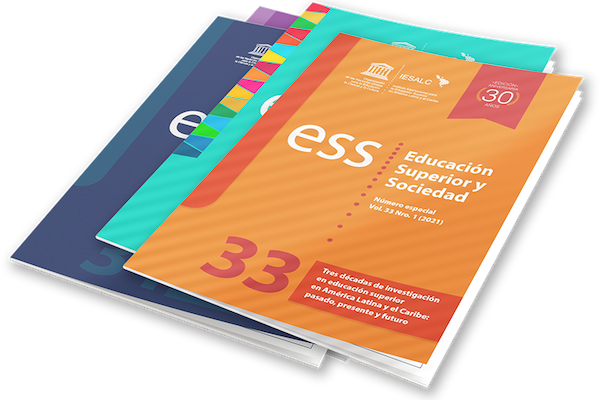
UNESCO International Institute for Higher Education in Latin America and the Caribbean (IESALC) held a special webinar for the 30th anniversary of the journal Educación Superior y Sociedad (ESS) under the title: Three decades of research in higher education in Latin America and the Caribbean: past, present and future, with the participation of its editors, authors and referents for its celebration.
Débora Ramos, executive editor of the ESS Journal, began the meeting by recalling that the Journal has been characterized by compiling the most relevant advances in the field of higher education (HE) in the region, making it UNESCO IESALC’s main organ of dissemination.
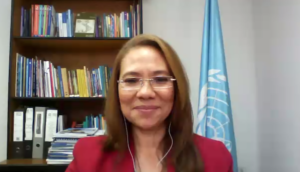

Next, Cristian Pérez Centeno, academic coordinator of graduate programs at the Universidad Nacional de Tres de Febrero in Argentina (UNTREF) and associate editor of ESS Magazine, explained that the 30th anniversary edition of ESS reviews, systematizes and analyzes three decades in the field of higher education, showing a broad overview of its regional reality and keeping thought alive.
After Pérez Centeno’s participation, the general editor of ESS Magazine, professor Norberto Fernández Lamarra, director of the UNESCO Chair on Education and the Future in Latin America at UNTREF, said that the articles for the next issue, which will systematize the field of higher education in the face of COVID-19, are already being evaluated and advanced the topics to be addressed for the 2022 calls: democratization and quality of higher education.
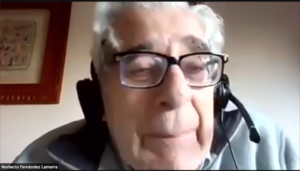
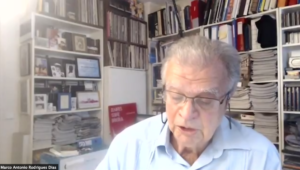
Marco Antonio Rodrigues Dias, former director of higher education at UNESCO, gave a historical account of the ESS Journal since its creation in 1990, based on the importance of creating links between higher education and society.
Rodrigues Dias recalled Miguel Soler Roca, defender of the concept of public good applied to higher education, his struggle for the defense of human rights and social equality, principles that are still valid for today’s societies. He also pointed out that at the 3rd UNESCO World Conference on Higher Education, the principles of Miguel Roca and Paulo Freire should be taken up again in order to consolidate higher education as a public good, stimulate critical thinking and strengthen the links between the university and society, said Rodrigues Dias.
Ana Lúcia Gazzola, former director of UNESCO IESALC, spoke to celebrate the extraordinary contribution of ESS Journal to the reflection and debate on higher education in the world since its inception.
She stressed that there is a lack of understanding of the strategic and transformative role of higher education, science and technology, as well as the need to create alliances between universities and business. Solidarity-based cooperation is needed among Latin American countries to face together the challenges in the field of higher education. Cultural diversity characterizes the region and that is its main wealth; it is necessary to have a multicultural perspective, with inclusion and equity, Gazzola continued.


The director of UNESCO IESALC, Francesc Pedró, thanked the editors for their work, the authors for their efforts and the legacy of the academics and specialists who contributed to the creation and continuation of the ESS Journal throughout its 30 years.
For Francesc Pedró, the ESS Journal began as a regional journal, but has demonstrated its expansion and has begun to move towards a process of internationalization by including articles in French and English, in addition to Spanish and Portuguese. From now on, UNESCO IESALC wants ESS Journal to become a channel for the expression of indigenous voices and values by providing an outlet for articles in these languages and recognizing the existence of the multiplicity of perspectives in the region, thus defending the historical legacies of its original peoples, said Pedró.
Before the 3rd UNESCO World Conference on Higher Education, to be held in 2022, we want to present a special issue that allows us to review the contributions of the three Regional Conferences on Higher Education in Latin America and the Caribbean (CRES) with the aim of learning from the good declarations and intentions and recalling their most relevant messages, concluded the director of IESALC.

RELATED ITEMS
